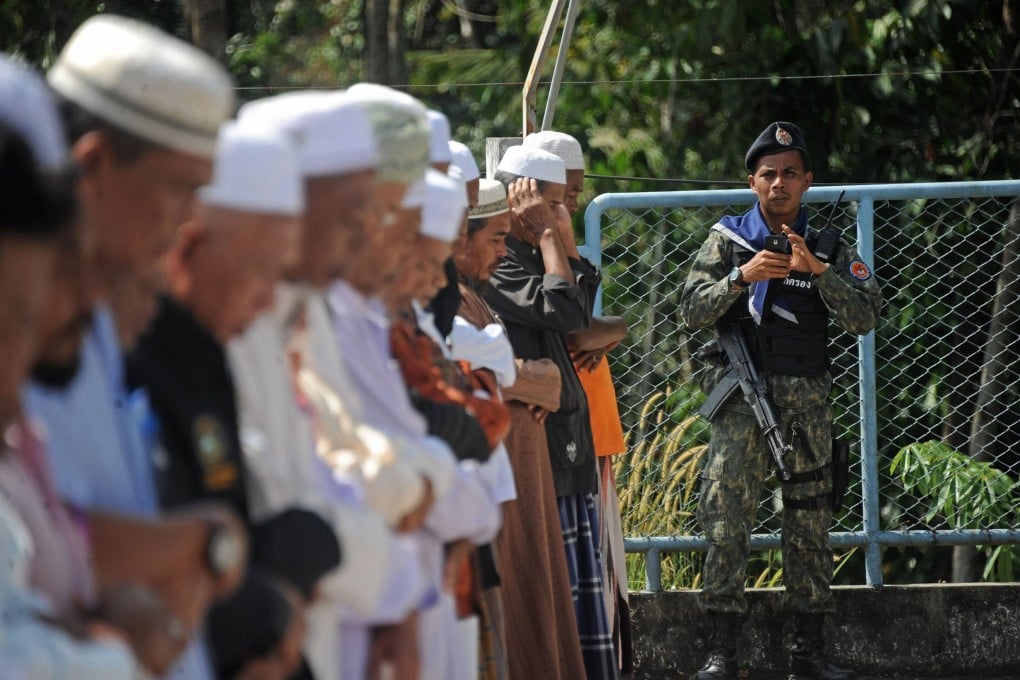Explainer | Can Thai separatists and Bangkok agree on peace in talks brokered by Malaysia?
- On January 11, the Barisan Revolusi Nasional and other Malay-Muslim separatist groups from Thailand’s southern provinces hope to seek a peace deal with Bangkok
- While Malaysia is a trusted party due to its success in mediating in similar conflicts in the Philippines, it faces some heat over its appointed facilitator

Why is there a separatist movement?
The provinces of Pattani, Songkhla, Yala and Narathiwat in southern Thailand were historically part of the Malay kingdom of Patani. But they were severed from their southern neighbours under a 1909 colonial-era agreement between Britain and Thailand that put Patani under the authority of Bangkok.
The 3 million Malay-Muslims in Thailand’s south are a minority in Thailand, whose 70 million people are predominantly Buddhist.

While many have adapted to life as Thai citizens – including adopting Thai names – many oppose what they view as the erasure of their Malay identity under Bangkok’s “Thaification” policy to assimilate all citizens of the kingdom into the dominant culture of central Thailand.
This includes the erasure of the Malay language in government schools in favour of Thai as the sole language of instruction.
While many dates have been cited as the “fall of Patani”, including one as far back as the 1700s, most groups cite the Anglo-Siamese Treaty of 1909 as the major date of Thai hegemony over the region, pointing out that the treaty was done between the two powers without any consultation with Patani leaders and its people.

Who are the main separatist groups?
There are several organisations involved in the southern Thailand separatist movement.
